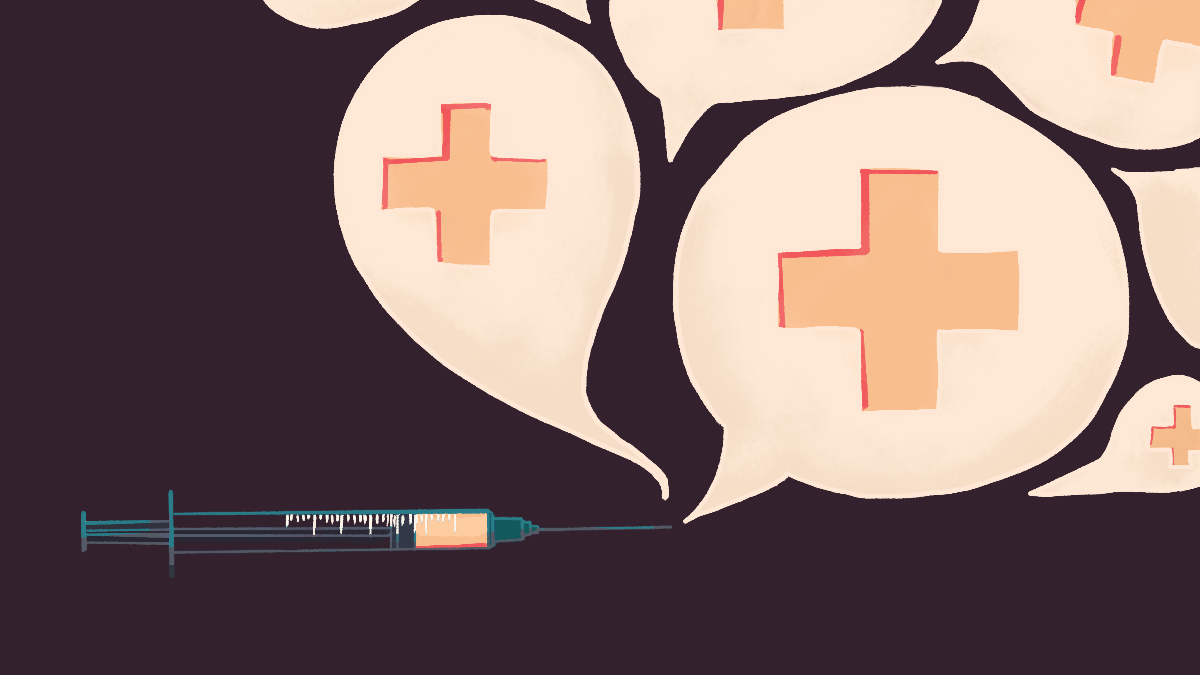 Alex Patterson
Alex PattersonNew malaria research shows that maternal education is just as effective at preventing childhood malaria as current vaccines.
The University of Alberta’s Dr. Michael Hawkes conducted this study in the Democratic Republic of Congo (DRC). Mothers of two-month-old to five-year-old children reported on their own level of education, demographic, and socioeconomic status as well as other factors such as recent bed net use and illness of children.
The study found a decrease in malaria in the children of mothers with at least a sixth-grade education compared to those without any education. Maternal education at or above the primary level led to a 53 per cent prevention rate of malaria compared to the current biomedical vaccine’s 30 per cent prevention rate.
Dr. Hawkes said it’s not malaria-specific knowledge that was responsible for a decrease in the disease’s prevalence but instead the impact of primary education on a mother’s livelihood and the quality of life of her children.
The study found that the use of bed nets and other safeguards was common knowledge among women, educated or not. However, having a primary education meant that mothers were more likely to have the “social connectedness, household wealth, and access to resources” needed to treat or prevent malaria in their children, Dr. Hawkes said.
“Something as simple as educating women can have a very powerful effect on childhood malaria rates,” he said.
Dr. Hawkes listed “human displacement, conflict and an entrenched malaria ecology” as the main factors for why the DRC ranks among the highest in the world for malaria-related deaths. Movement of people within the DRC during civil conflict into camps created an ample feeding ground for malaria-carrying mosquitos.
Cary Ma, a second-year medical student who co-authored the study, added that “decimated healthcare resources” make the DRC particularly vulnerable to malaria outbreaks. Additionally, conflict caused difficulty in getting international aid to the nation, increasing the likelihood of the illness going untreated.
“The DRC, unlike its neighbours, has experienced a great deal of violent conflict and that is directly related to the increase in malaria rate,” Dr. Hawkes said.
Having lived and worked in Uganda for two years, Dr. Hawkes said he “became very interested in the study of infection in children of low and middle-income nations.”
For Ma, this research struck a chord because he’s the first in his family to receive a university education. Seeing family members experience health challenges made him aware of the correlation between education and wellbeing.
Ma took a special interest in the research because it focused on social determinants of health. For him, this research became “a perfect project that combined medicine and social sciences.”




